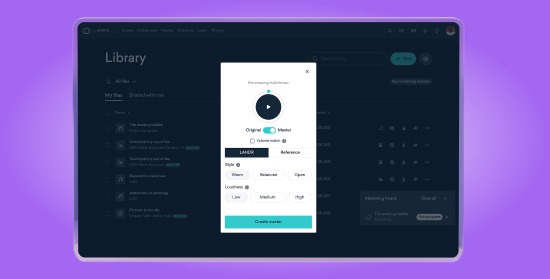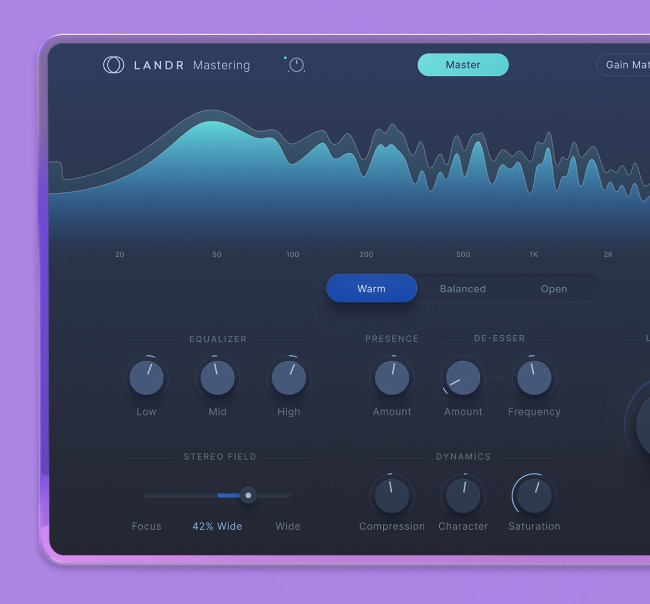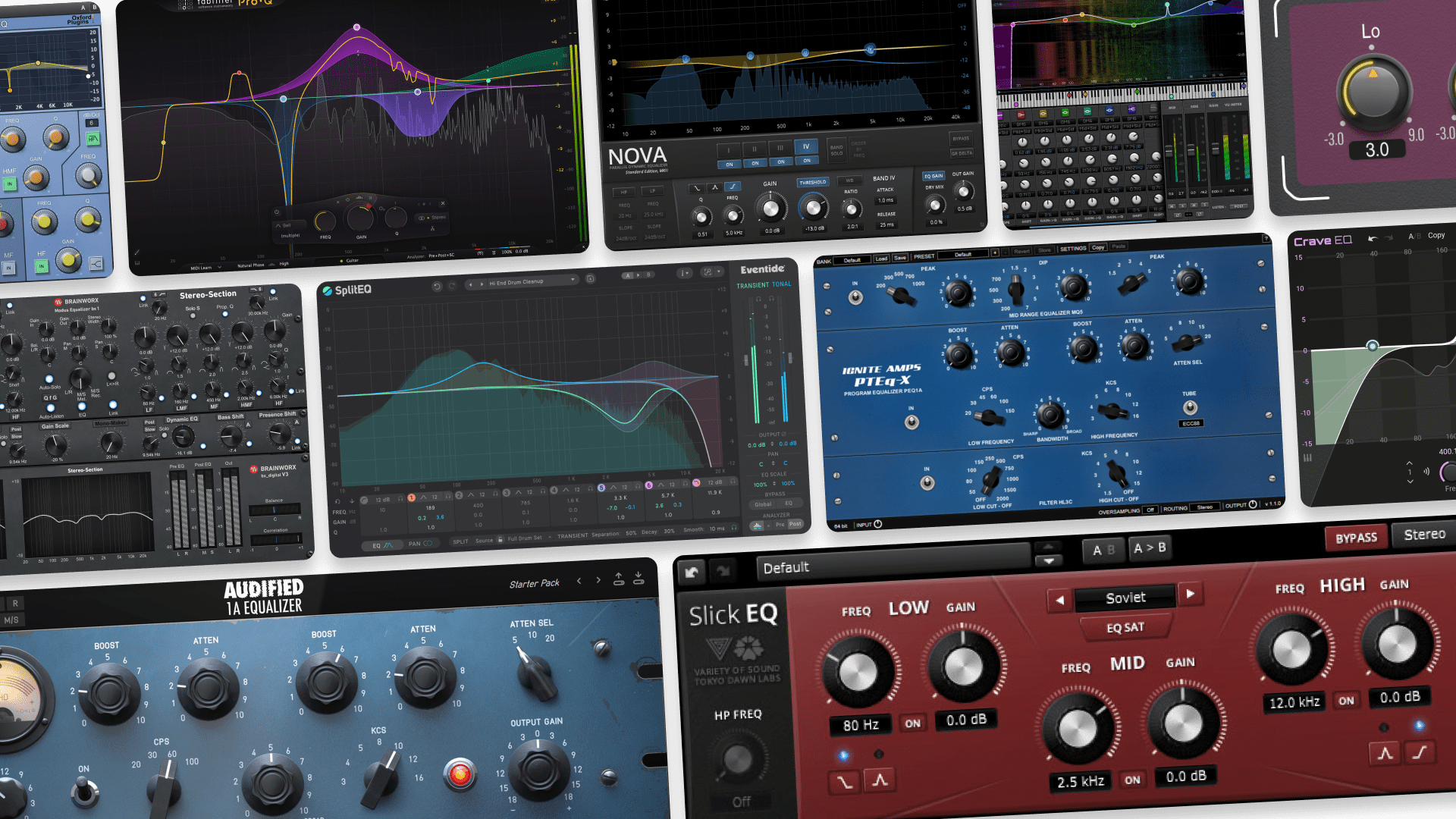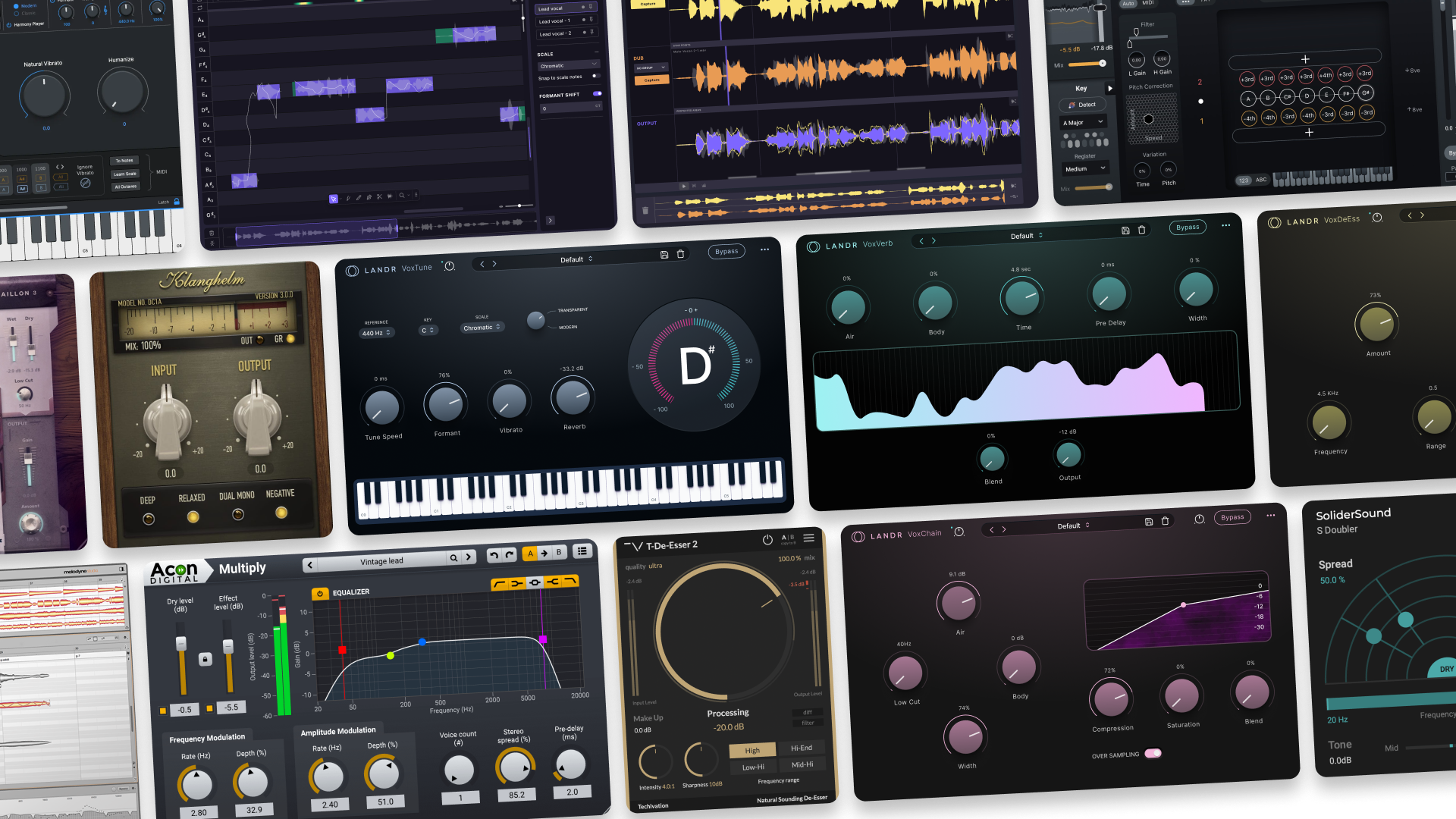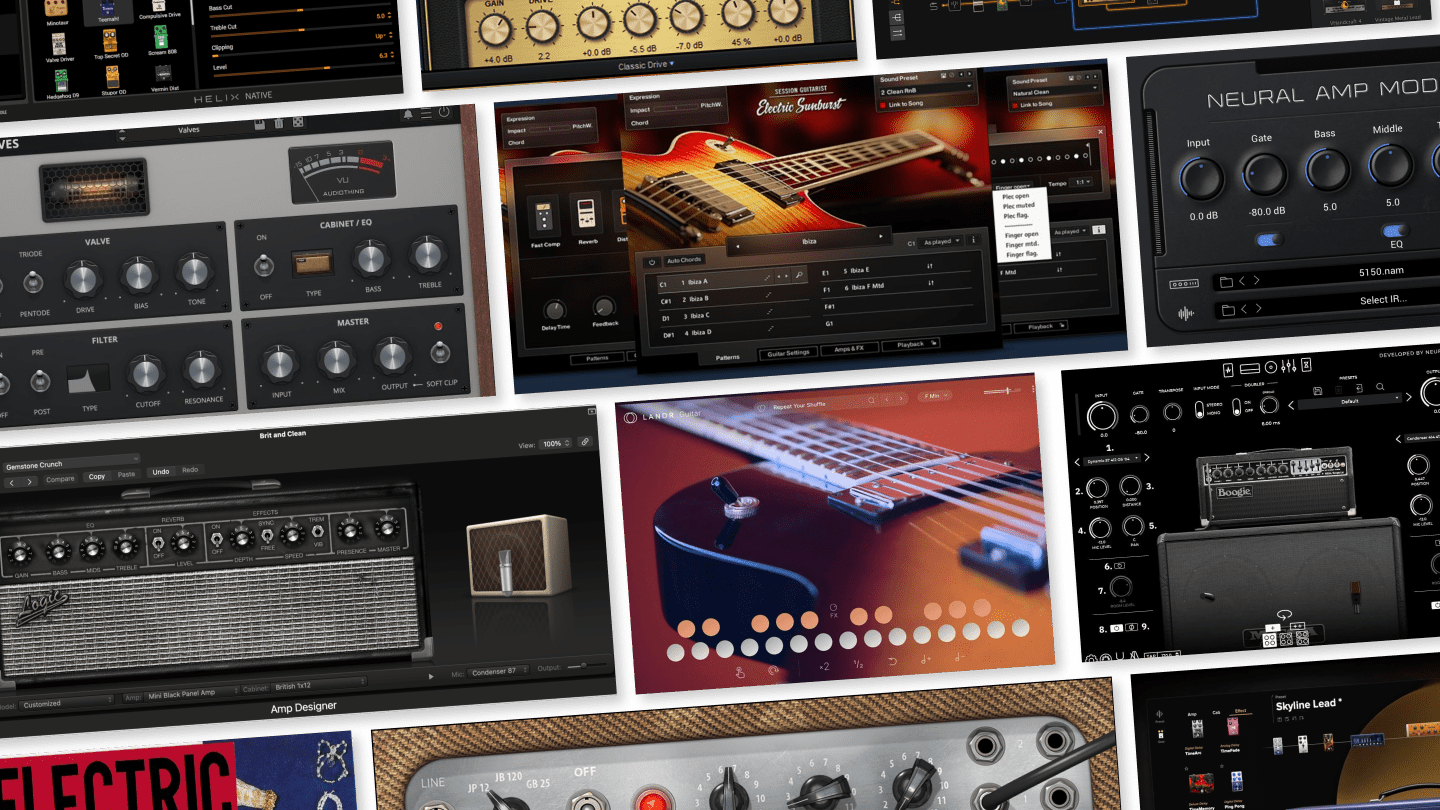
Why These 5 Mastering Hacks Won’t Result in a Good Master

Getting to the mastering stage is always a milestone.
You’ve worked hard to harness your creativity, turn it into recorded work and now your mix sounds great—you’re ready to finish your track and share it with the world. Congrats!
The problem is, mastering takes a skill set that is totally different from songwriting, recording and mixing.
You can’t just learn to master your track overnight—it takes years of practice and learning to know what you’re doing.
That’s why most artists pay for some form of mastering service, whether that’s by hiring a professional human engineer or paying for AI mastering.
If you’re having sticker shock and don’t think paying for good mastering is worth it, you might want to reconsider.
Sure, there’s all kinds of hacks out there that make it seem like you can learn to master your music for free.
But, unless you have a lot of experience these techniques are questionable at best.
Here’s why these 5 free mastering hacks will never result in a good master.
1. Not mastering at all
The most obvious solution to not wanting to pay for a good master is to just not master your track at all.
I mean, you’ve put all this work into mixing your album and it sounds great on those monitors in your studio so why bother?
The problem is mastering (among other things) takes the sound coming out of your studio monitors and helps it translate well on other speaker mediums.
Effectively, mastering gives your tracks the chance to sound the best it can in every possible situation.
Remember: most people will listen to your track with earbuds, car stereos, Bluetooth speakers and whatever else.
Yes—to the untrained listener, a mastered track may not sound dramatically different from your final mix.
But in many ways that’s the point, mastering shouldn’t change anything about what’s happening in your mix.
Instead mastering is all about making your track sound loud, dynamic, uniform and polished on any speaker.
So if you choose to release your track without mastering it, there’s a good chance it won’t sound how you expect once it hits streaming platforms or the speakers in your car.
2. Making it loud with a limiter
It’s pretty obvious that releasing an unmastered track is a pretty bad idea.
But what about these tutorials and hacks that make it seem like you can make a good master using a limiter or some form of extreme compression?
After all, if mastering is all about making sure your track is as loud as possible without clipping, then all you have to do is throw a limiter on your master bus and slam it to then max, right?
In reality, it’s much more nuanced than that.
There’s lots of free mastering tutorials out there that claim you can master a track using a limiter but these methods can do a lot more damage than good very quickly.
We’ve written before about the risks involved with using a limiter on your master bus, but in general, putting any effect on your master bus will make sweeping changes to your mix.
Sometimes that’s totally alright. For example, you might want to sweeten your mix with a subtle boost in high-end EQ or you could add some light compression to make your mix a little heavier.
But limiters cross into extreme territory. They remove headroom and dynamics from your mix and can turn your track into a flat and fatiguing listening experience.
And that’s just the start. In fact, limiters can do a lot more damage than you think depending on how you recorded and mixed your track or album.
So, don’t rely on a limiting alone to master your track.
3. Manual mastering
Maybe you can learn how to master, or perhaps your friend claims to know a thing or two.
If you want to master your music the traditional way, be prepared to spend a long time learning the ins and outs of the trade.
Mastering isn’t like mixing or recording, it’s a very technical process and you need years of practice and real expertise to get it done the right way.
There’s a reason why human mastering engineers are paid well for their work—they have a specific skill set that’s hard to learn.
So unless you or a friend have had years of experience working in studios, studying and learning from the professionals—you might want to re-think your plan.
4. Trusting presets
Every finished mix is different and requires its own approach during mastering.
From the frequency balance to the dynamics and loudness, good mastering reacts to the audio content of your song.
It’s the reason why a generic preset can never produce a successful master. Only presets built on an AI mastering plugin work well to generate a good master.
If your mastering plugin isn’t built using AI, it will make glaring errors if it can’t respond to the audio itself.
That’s why mastering plugins only work in the hands of experienced audio engineers—unless they use AI.
LANDR AI Mastering analyzes the specific features of your track and builds a custom mastering chain for release-ready results every time.
It always takes the unique audio qualities of your song into account when applying processing.
5. Relying on automated free mastering
If you didn’t know, LANDR is the pioneer of AI mastering.
Synapse, our mastering engine, is built on years of research and development. We’ve built a true AI mastering product that creates incredibly good masters that sound just as good as a human engineer.
Here’s a fact: LANDR masters have nearly a decade’s worth of development behind them, that’s why our masters have so many features and options for customization.
There’s really no automatic mastering software that compares to how detailed and refined LANDR masters sound.
Don’t take our word for it, LANDR mastering has consistently been reviewed as the best AI mastering tool out there.
So, be very careful when using another automated free mastering service.
You can’t know for sure what it will do with your track, whether it’s truly mastered or whether it’s just mastered using a simple preset.
It’s always free to demo your tracks on LANDR and compare them to how they sound using other solutions, you’ll hear the difference immediately.
Here’s a taste of what it can do.
Try LANDR Mastering on Your Own Tracks
Remember, if something is given to you for free there might be something going on behind the scenes with your data or it might be too good to be true.
There’s only two ways to get a good master
Hire a human with a lot of experience or pay for a high-quality AI mastering like LANDR.
You put so much work into writing, recording, editing and mixing your music. Why ruin all that hard work by releasing a sub-par master?
When it comes to mastering you really do get what you pay for—so be very careful. Do you really think mastering your track for free is going to produce a good end result?
Free mastering may sound tempting, but the art you made deserves the best polish and shine.
Best of all, good AI mastering services like LANDR are both accessible and affordable. So, if you’re on a budget, your best bet is to give it a try.
Plus, you can always hear a demo of what LANDR does for free and make a judgment for yourself.
Gear guides, tips, tutorials, inspiration and more—delivered weekly.
Keep up with the LANDR Blog.
